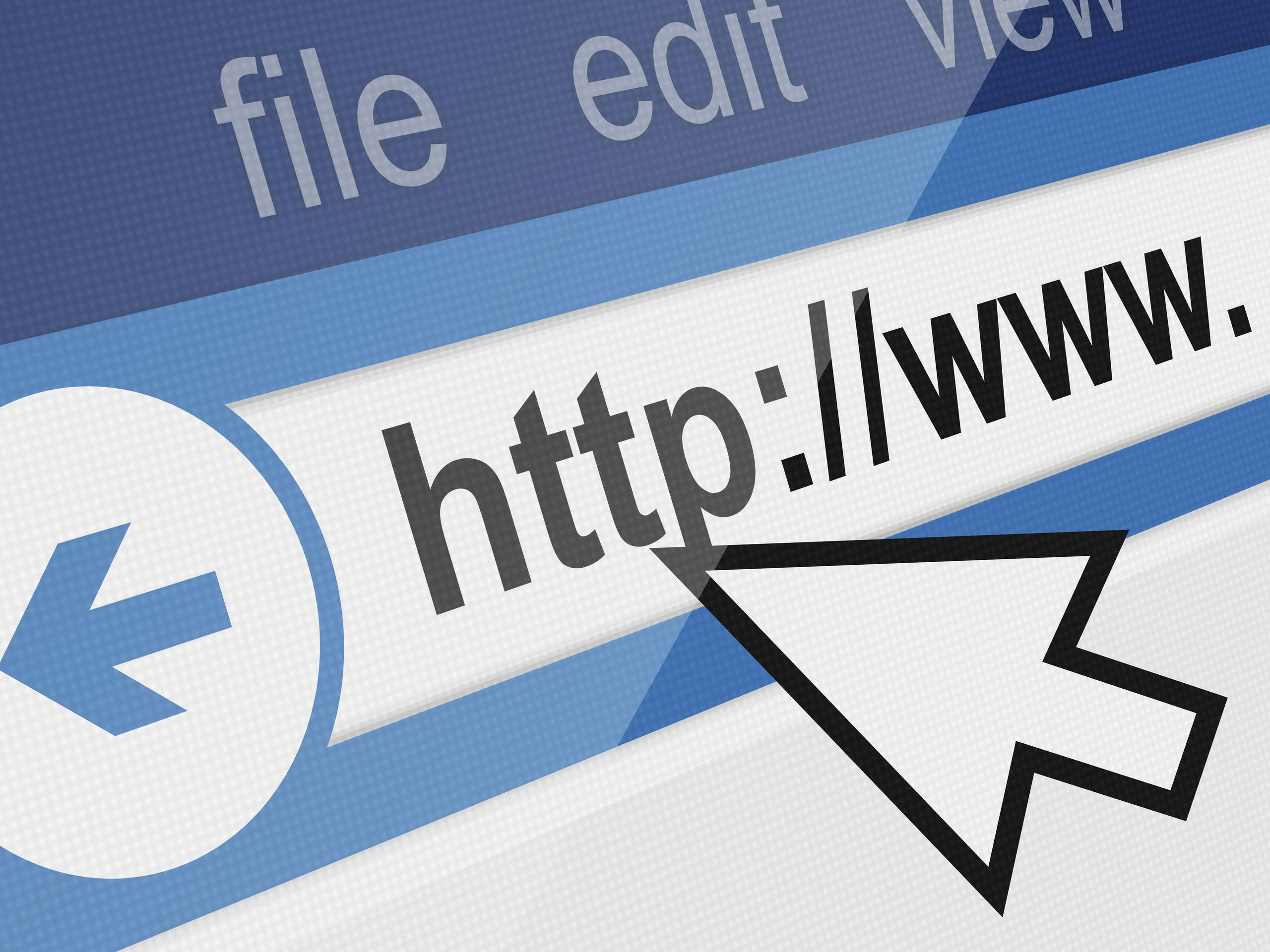To write an SEO URL, use relevant keywords, keep it concise, and separate words with hyphens. A well-optimized URL helps search engines understand the page’s content, improving your chances of ranking higher in search results.
When creating your URL, focus on including primary keywords that accurately describe the content and make it easy to read and share. Avoid using numbers, symbols, or unnecessary words, as they can confuse both search engines and users. With a clean and keyword-rich URL, you increase your website’s visibility and improve the chances of attracting organic traffic.
What Are Seo-Friendly Urls?
SEO-friendly URLs are an integral part of optimizing your website for search engines. These URLs are designed to be easily understood by both search engines and users. They provide a clear and concise description of the content of a webpage.
SEO-friendly URLs typically include relevant keywords that accurately describe the page’s topic. This makes it easier for search engines to crawl and index your site, leading to better search visibility. Additionally, these URLs are user-friendly as they are readable and convey the content’s relevance.
Using SEO-friendly URLs can improve your website’s organic search rankings and attract more targeted traffic. It is an essential aspect of on-page optimization that should not be overlooked.

Credit: www.brickmarketing.com
Key Elements Of A Well-Optimized Url
A well-optimized URL is a crucial aspect of effective SEO. One key element is ensuring the proper length and structure of the URL. It should be concise and easy to understand, with relevant keywords included. To improve readability, hyphens should be used to separate words, rather than underscores.
This helps search engines and users easily recognize the different components of the URL. By following these guidelines, you can create an SEO-friendly URL that enhances your website’s visibility and increases its chances of ranking higher in search engine results.
So, be mindful of the length, structure, keyword usage, and correct hyphen or underscore placement while crafting your URLs for optimal SEO outcomes.
Research And Identify Relevant Keywords
When optimizing your URL for SEO, the first step is to conduct thorough keyword research. Researching and identifying relevant keywords is crucial for ensuring that your URL is optimized for search engines. By incorporating these keywords into your URL, you can increase the visibility of your website and drive more targeted traffic.
There are several tools and resources available for conducting keyword research, such as Google’s Keyword Planner and SEMrush. These tools allow you to discover popular keywords that are relevant to your content and target audience. By using these tools, you can gain insight into the search volume and competition level of different keywords, allowing you to make informed decisions about which ones to incorporate into your URL.
By taking the time to research and identify relevant keywords, you can ensure that your URL is SEO-friendly and optimized for search engines.
Use Descriptive Words And Phrases
To write an SEO URL, it is crucial to incorporate keywords in a natural way. Avoid using generic or non-descriptive words that do not provide any value or relevance. Instead, focus on descriptive words and phrases that accurately reflect the content of your page.
By using specific keywords, you enhance the search engine optimization of your URL, making it easier for search engines to understand what your page is about. This, in turn, increases the chances of your website ranking higher in search engine results.
Remember to keep your URLs concise and informative, utilizing relevant keywords throughout. By following these guidelines, you can create SEO-friendly URLs that improve the visibility of your website and attract more organic traffic.
Keep Urls Short And Simple
When it comes to writing SEO-friendly URLs, keeping them short and simple is crucial. The ideal length of a URL should be concise and avoid unnecessary words or parameters. By removing unnecessary elements, such as commonly overused words, you can create a URL that is easy to read and understand.
Short URLs not only help search engines crawl and index your pages more efficiently, but they also provide a better user experience. When crafting an SEO-friendly URL, aim for brevity and clarity, using relevant keywords that accurately describe the content of the page.
By following these guidelines and focusing on simplicity, you can optimize your URLs for search engine visibility and enhance the overall SEO performance of your website.
Utilize Hyphens For Word Separation
Writing SEO-friendly URLs is essential for optimizing your website’s visibility in search engine results. One crucial aspect to consider is the use of hyphens for word separation. Hyphens are important because they help search engines understand the different words in your URL.
They replace spaces, underscores, and special characters. By utilizing hyphens, you create a clear and concise URL structure that is easy for both search engines and users to comprehend. Moreover, hyphens positively impact the readability of your URLs, making them more user-friendly when shared and clicked on.
So, when crafting your SEO URL, be sure to include hyphens for word separation to improve your website’s search engine rankings and enhance the overall user experience.
Avoid Dynamic And Parameterized Urls

When writing an SEO-friendly URL, it is important to avoid using dynamic and parameterized URLs. Dynamic URLs, which often contain query strings and session IDs, can negatively impact both URL readability and SEO. These types of URLs can be confusing to both users and search engines, and can make it difficult for search engines to properly index and rank your content.
Additionally, dynamic URLs are often lengthy and complex, which can make them less user-friendly and decrease the chances of users clicking on your link. Parameterized URLs, which contain variable values, can also create issues with duplicate content and URL canonicalization.
By using static, descriptive, and keyword-rich URLs, you can improve both the readability and search engine optimization of your website.
Implement Proper Url Structure
Proper URL structure is crucial for both user experience and SEO. It involves creating logical hierarchies for website sections and pages. This helps visitors navigate easily and search engines understand the content. When constructing URLs, it is important to keep them concise and descriptive, reflecting the page’s topic.
Use relevant keywords to optimize for search engines and make sure the URL is readable and user-friendly. Avoid using numbers or random characters that can confuse users and search engines. Instead, use hyphens to separate words in the URL. By implementing an organized URL structure, you can improve the overall user experience and enhance your website’s SEO.
Update Existing Urls For Optimization
To update existing URLs for optimization, there are techniques for rewriting them. One approach is redirecting old URLs to new and improved ones. This helps maintain link equity and avoids broken links. When rewriting the URLs, ensure they are short, descriptive, and keyword-rich.
Use hyphens to separate words and avoid special characters or numbers. Include relevant keywords closer to the beginning of the URL for better rankings. Make sure the URLs are easy to read and understand, both for search engines and users.
By following these techniques, you can enhance the SEO-friendliness of your URLs and improve your website’s visibility in search engine results.
Incorporate Urls In Xml Sitemaps
SEO-friendly URLs are essential for optimizing your website’s visibility in search engine rankings. By incorporating them into your XML sitemaps, you can reap several benefits. Firstly, including SEO-friendly URLs enhances the crawlability and indexability of your website, making it easier for search engine bots to navigate and understand your content.
This, in turn, improves your chances of ranking higher on search engine result pages. Moreover, SEO-friendly URLs provide a clear and concise description of your webpage’s content, making it more appealing and informative to users. They also help in creating a user-friendly experience by making it easier to share and remember URLs.
To generate and submit an XML sitemap, you can utilize various tools and plugins available online. Once created, submit the sitemap to search engines like Google, Bing, and Yahoo to ensure proper indexing and visibility of your website’s content.
Monitor And Track Url Performance
To write an SEO-friendly URL, monitoring and tracking its performance is crucial. Using tools to analyze its effectiveness is key. These tools help you track organic traffic and keyword rankings for each individual URL. By keeping an eye on this data, you can identify areas for improvement and make necessary adjustments to enhance your website’s visibility and search engine rankings.
Constantly monitoring and analyzing URL performance ensures that you are maximizing the potential of your SEO efforts. It allows you to stay updated on which URLs are performing well and which ones may need further optimization. Don’t overlook the importance of tracking and analyzing your URLs to maintain a strong online presence and drive more organic traffic to your website.
Stay Updated With Seo Trends And Guidelines
URL optimization is an essential SEO strategy that requires staying updated with trends and guidelines. Adapting to algorithm updates is crucial in maximizing the effectiveness of your URLs. To do this effectively, it’s important to utilize SEO resources and actively engage in SEO communities.
These platforms provide valuable insights and information on the latest SEO practices. Staying informed about algorithm changes and updates will enable you to make necessary adjustments to your URL optimization strategies. By participating in discussions and sharing ideas within these communities, you can gain valuable knowledge and stay ahead of the game.
It’s important to continually learn and evolve your approach to URL optimization, as search engine algorithms constantly change. Keeping up with SEO trends and guidelines will ensure that your URLs are optimized to their fullest potential, leading to improved search engine rankings and organic traffic.
Frequently Asked Questions Of How Do I Write An Seo Url?
What Is An Seo Url?
An SEO URL is a search engine optimized web address that includes relevant keywords to improve website visibility and search rankings.
How Do I Create A Perfect Url?
To create a perfect URL, follow these 4 guidelines: 1. Keep it short and concise, ideally with no more than 20 words. 2. Ensure it is SEO-friendly, easy for humans to understand, and free from plagiarism. Write in an active voice.
3. Avoid starting sentences with certain words and phrases, such as “When it comes to,” “If you,” “Looking,” “In conclusion,” “Additionally,” “Moreover,” “However,” “Furthermore,” or “In addition. ” Also, avoid passive voice constructions. 4. Lastly, make sure your content passes AI writing detection and reads naturally, just like human-written text.
What Is An Example Of A Friendly Url?
A good example of a friendly URL is www. example. com/blog/how-to-write-seo-friendly-content
What Is The Best Url Structure For Local Seo?
The best URL structure for local SEO is to include the target keyword, location, and relevant information. For example, www. yourwebsite. com/location/keyword. This helps search engines understand the context and improves local search visibility.
Conclusion
Crafting an SEO-friendly URL is a crucial aspect of optimizing your website’s visibility in search engine results. By following the guidelines outlined in this blog post, you can create URLs that are concise, descriptive, and keyword-rich. Remember to keep your URLs short, avoiding unnecessary characters or numbers that can confuse both search engines and users.
Incorporating relevant keywords in your URLs can significantly improve your site’s ranking and click-through rates. Additionally, using hyphens to separate words in your URL structure allows search engines to easily read and understand the content of your page. Strive to make your URLs human-friendly by avoiding long strings of numbers or random characters.
By implementing these tips, you can ensure that your website’s URLs are SEO-friendly and contribute to a better user experience.

I have been working as an SEO Expert in Bangladesh for a long time and now providing the best SEO Service in Bangladesh. With the approach to Semantic SEO that eschews superfluity. I can get your business web page at the top of the SERP list. Using the latest digital marketing trends, I can enhance your online visibility and drive more website traffic.

